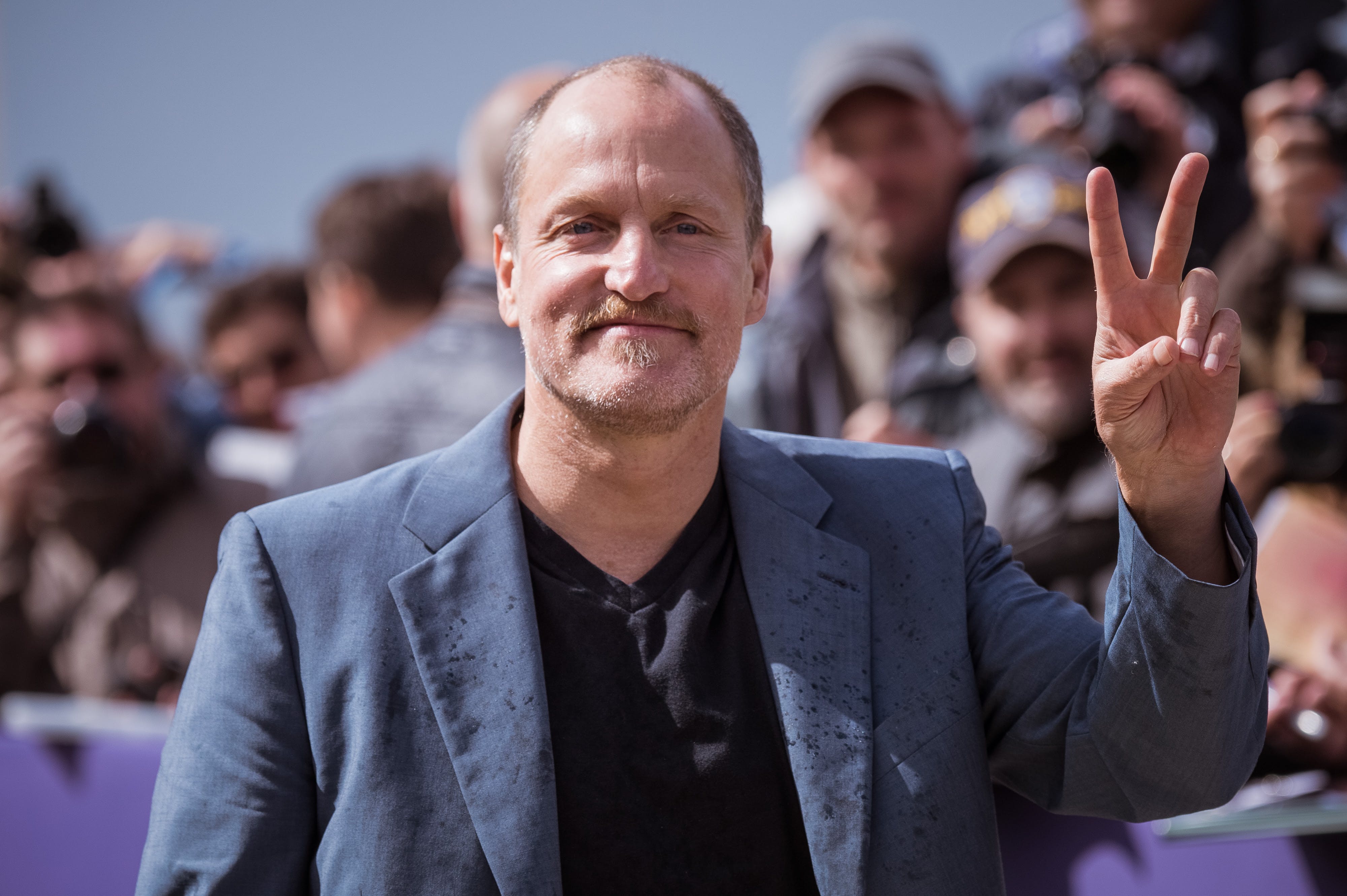Woody Harrelson is a name that resonates not only in the film industry but also in the realm of environmental activism. Known for his roles in iconic films and television series, Harrelson has transcended the conventional image of a Hollywood actor by dedicating a significant part of his life to advocating for environmental causes. This article explores the multifaceted environmental activism of Woody Harrelson, highlighting his initiatives, beliefs, and the impact he has made beyond the silver screen.
Early Life and Awakening to Environmental Issues

Woody Harrelson was born on July 23, 1961, in Midland, Texas. Growing up in a family that appreciated nature, he developed an early affinity for the environment. His mother, a secretary and a social activist, instilled values of compassion and responsibility in him. This upbringing laid the foundation for his later environmental activism.
Harrelson’s awakening to environmental issues can be traced back to the late 1980s when he became increasingly aware of deforestation, pollution, and the ecological crises facing the planet. As he gained fame, he also recognized his platform’s potential to raise awareness and initiate change.
Key Environmental Initiatives and Campaigns

Harrelson’s commitment to environmental activism is evident in his involvement with various initiatives and campaigns. Here are some notable examples:
- Forest Conservation: Harrelson has been a vocal advocate against deforestation. He founded the “Woody Harrelson Foundation,” which focuses on promoting sustainable practices and supporting reforestation efforts worldwide.
- Organic Farming: A staunch supporter of organic farming, Harrelson has invested in sustainable agriculture projects. He believes that organic farming can help reduce the environmental impact of traditional agriculture.
- Meatless Advocacy: Harrelson has embraced a plant-based diet for over 30 years, advocating for vegetarianism and the reduction of meat consumption. He argues that livestock farming significantly contributes to greenhouse gas emissions.
- Plastic Pollution: In 2017, Harrelson collaborated with the non-profit organization “The Ocean Cleanup” to address the issue of plastic pollution in the oceans. He has participated in campaigns to eliminate single-use plastics from everyday life.
Influence on the Film Industry
Harrelson’s activism has also influenced his choices in the film industry. He often selects projects that align with his environmental beliefs and values. For instance, he starred in “The Hunger Games” series, which, while fictional, explores themes of environmental degradation and resource scarcity. His role as Haymitch Abernathy highlighted the importance of sustainability in the face of societal collapse.
Furthermore, Harrelson has used his celebrity status to advocate for responsible filmmaking practices. He encourages filmmakers to consider the environmental impact of their productions, from reducing waste to utilizing renewable energy sources on set.
Public Speaking and Advocacy

Beyond his acting career, Harrelson is a passionate public speaker. He has delivered speeches at various environmental conferences and events, urging people to take action against climate change. His ability to connect with audiences through storytelling and humor makes his messages resonate deeply.
In one notable speech at the “Global Climate Action Summit” in 2018, Harrelson emphasized the urgency of addressing climate change, stating: “We have a chance to create a better world for ourselves, our children, and future generations. But we must act now!” His words serve as a rallying cry for individuals and organizations to come together for the planet’s sake.
Case Studies: Harrelson’s Impact on Environmental Policies
Harrelson’s activism has not only raised awareness but has also affected environmental policies. Here are two case studies illustrating his impact:
- California’s Proposition 68: Harrelson endorsed Proposition 68, a California ballot initiative aimed at funding park and water conservation projects. His advocacy helped generate public interest and support for the proposition, which ultimately passed in 2018, securing $4 billion for environmental projects.
- The “Green New Deal”: Harrelson has publicly supported the Green New Deal, a comprehensive policy framework aimed at addressing climate change and economic inequality. His involvement in rallies and discussions surrounding the Green New Deal has helped bring attention to the need for systemic change in environmental policy.
Statistics and Data Supporting Harrelson’s Advocacy

Harrelson’s environmental activism is backed by compelling data and statistics that highlight the urgency of the issues he addresses. Here are some key statistics:
- According to the United Nations, livestock farming contributes approximately 14.5% of global greenhouse gas emissions, a significant factor in climate change.
- The World Wildlife Fund (WWF) reports that the world has lost nearly 60% of its wildlife populations since 1970, underscoring the need for conservation efforts.
- Plastic pollution has reached alarming levels, with an estimated 8 million tons of plastic entering oceans each year, threatening marine life and ecosystems.
Challenges and Criticisms
Despite his commendable efforts, Harrelson faces challenges and criticisms like any public figure. Some critics argue that celebrities should not use their platforms to influence political or environmental policies. However, Harrelson counters these criticisms by asserting that everyone has a responsibility to advocate for the planet, regardless of their status.
Moreover, his lifestyle choices, such as his long-standing commitment to a vegan diet and sustainable living, have been questioned by some who see a discrepancy between his activism and his personal habits. Nevertheless, Harrelson remains steadfast in his beliefs and continues to advocate for systemic change.
Conclusion: The Lasting Legacy of Woody Harrelson’s Activism
Woody Harrelson’s environmental activism goes beyond the confines of Hollywood. His dedication to various causes, from forest conservation to sustainable agriculture, showcases his commitment to creating a better world. By leveraging his celebrity status, he has raised awareness and influenced policies that promote sustainability and environmental responsibility.
As we face unprecedented challenges related to climate change, pollution, and biodiversity loss, Harrelson serves as a reminder that individuals can make a difference. His journey illustrates the power of activism in inspiring change, encouraging us all to take action for the planet we call home. Harrelson is not just an actor; he is a beacon of hope in the fight for environmental justice.


